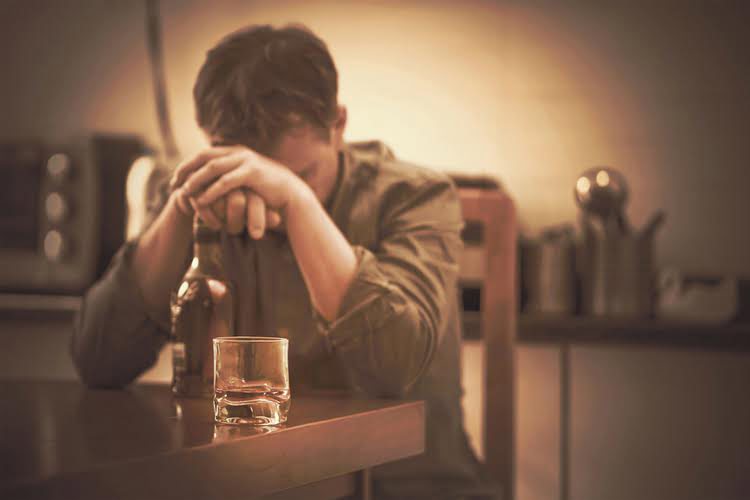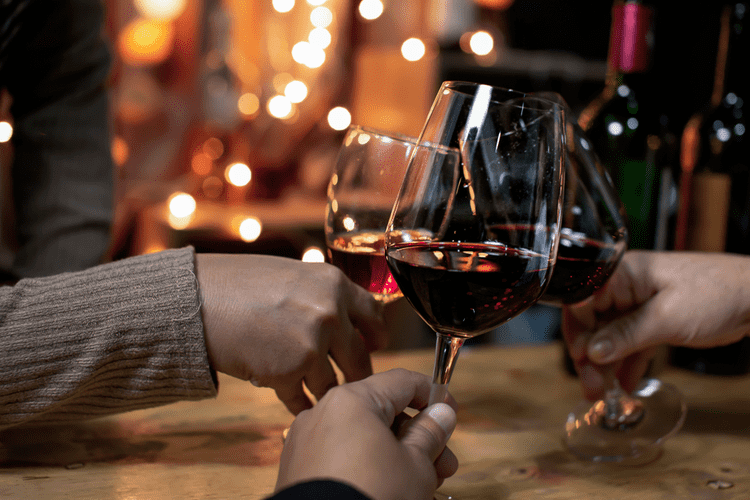A Comprehensive Guide to Tax Deductions for Airbnb Hosts in Australia
25. november 2021Брокер FxPro отзывы 2025 Investing com
23. december 2022The treatment should target both the person’s mental health and substance use disorder as two parts of a whole. Finding wellness through treatment at Serenity Lane doesn’t just mean finding recovery from AUD. It means identifying your triggers for anger and finding out why you’re self-medicating with alcohol.
Guiding the person to a quiet environment
Some individuals exhibit “trait anger,” a personality trait that means they continually look for triggers that make them angry. When trauma or mental health issues are also present, dual-diagnosis treatment ensures that both alcohol use and emotional pain are treated together. Clients also benefit from group therapy, trauma-informed care, and anger management classes in Lexington KY. https://checkitnow.pk/sober-living/alcohol-helpline-talk-to-someone-24-7-free/ If you feel like you need more personalized guidance, seeking professional support is a proactive and powerful step.
Alcohol & Anger: Exploring the Psychological Link
- You may be able to defuse these feelings by deliberately forgiving yourself for past mistakes or poor choices.
- The extreme complexity of this relation, however, has been the focus of extensive theory and research.
- The temporary relief and disinhibition provided by alcohol can provide a false sense of control, only to lead to more intense anger outbursts and a deepening of the problem.
- However, this can depend on having a willingness to change, the support of friends and family members, and, if needed, professional help.
Individuals who grew up in households where alcohol-fueled aggression was common may have internalized these patterns, unknowingly recreating them in their adult lives. It’s a sobering reminder of how our past can shape our present, even when we’re not fully aware of it. Moreover, alcohol alters the delicate balance of neurotransmitters in the brain. It enhances the effects of GABA, the brain’s primary inhibitory neurotransmitter, which typically has a calming effect. However, it also reduces the activity of glutamate, an excitatory neurotransmitter. This imbalance can lead to mood swings and heightened emotional responses.
Breaking the Cycle: Treatment Approaches and Anger Management Strategies
Alcohol directly affects the prefrontal cortex, the part of your brain that acts as your filter. It’s responsible for decision-making and thinking through consequences. When you drink, this filter gets turned down, leading to heightened impulsivity. Suddenly, the thought that you’d normally keep to yourself comes flying out Substance abuse of your mouth. When you feel a surge of anger, your impaired impulse control means you’re more likely to act on it immediately and intensely, without pausing to consider the fallout. This is why small disagreements can escalate so quickly when alcohol is involved—the brain’s natural braking system is offline.

Aggression can also be rooted in emotions like fear or competitiveness. Likewise, hostility is an attitude of resentment and unfriendliness that doesn’t require feelings of anger. Interestingly, those in the control group tended to misidentify expressions as happy. Another study explored the relationship between Posttraumatic Stress Disorder (PTSD), alcohol use, and violence (Blakey et al., 2018).
- Have you ever wondered why someone becomes angry after a few drinks, or why alcohol seems to spark conflict rather than calm nerves?
- Recovery from the dual challenges of alcoholism and anger is not a destination – it’s a journey.
- Spouses and children often face the worst effects of alcoholic anger.
- The link between anger and alcoholism is cyclical—they can exacerbate each other if left unchecked.

For individuals already dealing with anger issues, alcohol can intensify and magnify these underlying challenges. This amplification occurs due to alcohol’s impact on the brain’s neural pathways, particularly those involved in emotional regulation. Not everyone finds it easy to attend in-person therapy sessions or anger management classes. This may be especially true for those who have faced legal and financial consequences as a result of excessive drinking.
Why Alcohol Fuels Anger and Aggression
Oh, how you wish his friend hadn’t said that, as he unleashes explosive anger that resulted from the ill-targeted joke. For some, the journey might involve exploring why they like being angry. Anger can be addictive in its own right, providing a sense of power and control in a world that often feels chaotic. Recognizing this pattern is the first step in breaking free from its grip. Alcohol increases the release of dopamine, giving you that initial rush of pleasure.
Neurochemical Changes
By ending alcohol misuse, you can make positive decisions with a clear outlook. Those who are dependent on alcohol should participate in alcohol addiction treatment to break the cycle. Remember, quitting a substance cold turkey can drunk aggression lead to health issues, so it’s best to enlist professional help. Continue reading to learn more about the link between alcohol and anger, including which risk factors exist, how alcohol-related aggression can be dangerous and more. By understanding how alcohol abuse influences your mood, you can learn to make positive choices instead of ones you may regret. In clinical terms, we often see a cycle of alcohol and violence.

